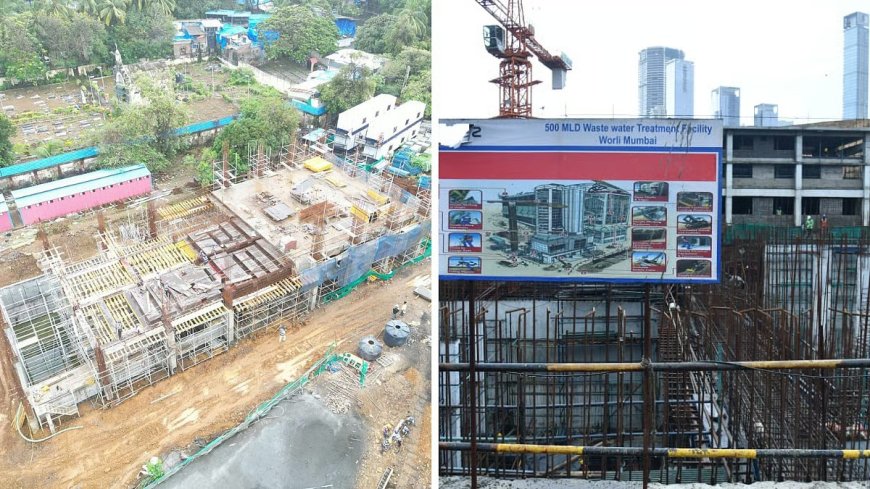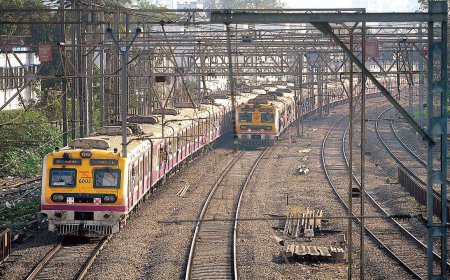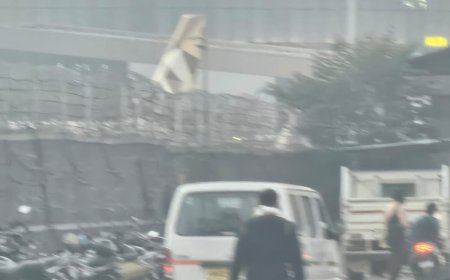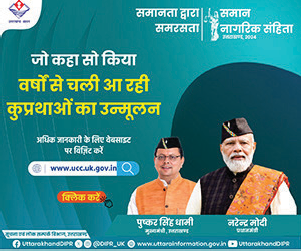Mumbai | July 23, 2025: With just one year to go before the Brihanmumbai Municipal Corporation (BMC) starts commissioning its ambitious sewage treatment plant (STP) project, the progress on ground remains significantly behind schedule. Official data reveals that only 36% of the work across the seven STP sites has been completed, raising questions about the timely launch of this ₹30,000 crore mega infrastructure initiative.
Launched in 2022, the STP project is one of the largest urban wastewater management programmes in India. It aims to treat and recycle up to 2,464 million litres per day (MLD) of Mumbai’s wastewater — approximately 78% of the city's total water consumption of 3,850 MLD.
The sewage treatment plants are being constructed at the following locations:
-
Worli (500 MLD) – Largest plant
-
Malad (454 MLD)
-
Dharavi (418 MLD)
-
Bandra (360 MLD)
-
Ghatkopar (337 MLD)
-
Bhandup (215 MLD)
-
Versova (180 MLD)
Except for Dharavi, all other plants are being developed through upgrades to existing infrastructure.
As of now, Bhandup has shown the most progress with 51% completion, followed by Ghatkopar (42%), Bandra and Worli (34%), Dharavi (33.7%), Versova (32%), and Malad trailing at just 28%.
According to the BMC’s schedule:
-
Ghatkopar, Bhandup, and Versova STPs are expected to go live by 2026
-
Worli, Bandra, and Dharavi are slated for 2027
-
Malad STP is expected by 2028
Once operational, the STPs are projected to drastically reduce untreated sewage flowing into Mumbai’s creeks and seas — a persistent problem that led to the National Green Tribunal (NGT) slapping a ₹29.75 crore penalty on BMC in 2022 for earlier violations.
Each of the STPs is being designed to generate 100% reusable treated water. Out of this, 50% will undergo tertiary treatment — making it fit for non-potable reuse in sectors like construction, industrial processing, and even the petroleum industry, which has already shown interest. The other 50% will undergo secondary treatment and be released safely into natural water bodies.
Environmental experts and urban planners have praised the intent of the project, citing it as a crucial step in Mumbai’s shift toward sustainable urban water management. However, delays in construction and commissioning could impact long-term environmental goals and the city’s ability to manage its rapidly growing waste output.
As Mumbai faces the dual challenge of urban expansion and resource scarcity, the timely completion and operationalisation of these STPs will be vital in ensuring cleaner water bodies, lower pollution levels, and reduced pressure on potable water supplies.




 Previous
Article
Previous
Article











